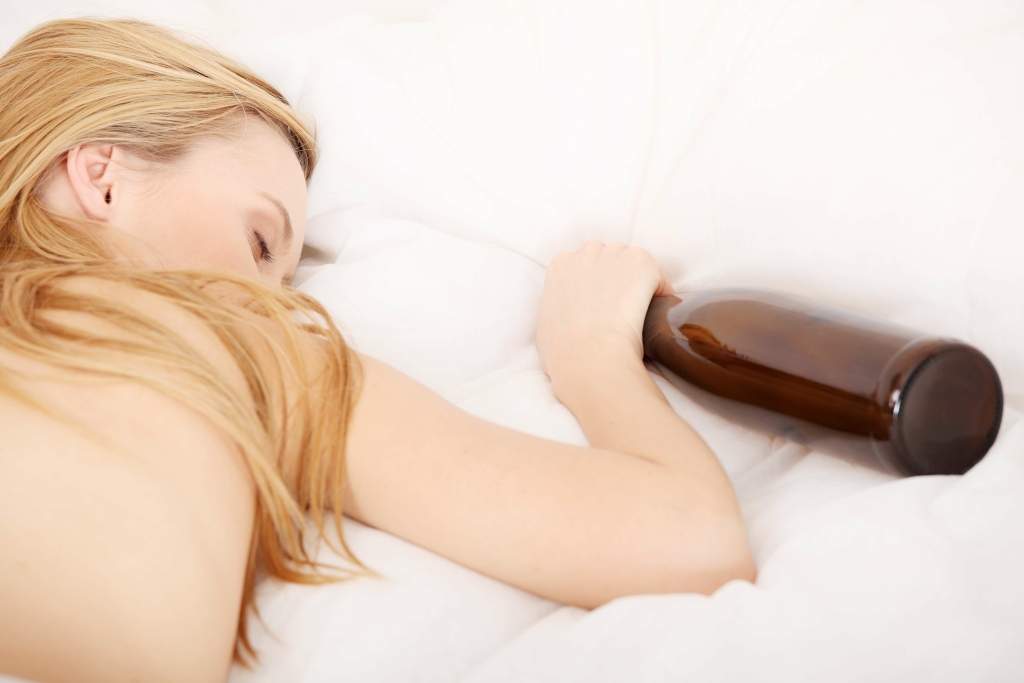While alcohol may initially provide a sense of relaxation, its aftermath can lead to increased anxiety levels, especially in individuals prone to anxiety disorders or those consuming large amounts of alcohol. This condition emphasizes the complex relationship between alcohol and mental health. Looking into the details of what goes into alcohol use with anxiety can help understand what’s happening and the best next steps to take.
How alcohol affects physical and mental health
Social environments that encourage frequent or excessive drinking, such as parties or gatherings, also contribute to the disorder’s development. Clinically speaking, an anxiety disorder is a mental health condition characterized https://rawathadaf.com/2024/07/23/how-to-spot-an-alcoholic-face-with-pictures/ by persistent, excessive worry or fear that interferes with daily life. It encompasses various disorders, including generalized anxiety disorder (GAD), social anxiety disorder, panic disorder, and specific phobias.
Social embarrassment
People who drink a lot or have an alcohol use disorder may notice their anxiety or depression gets worse because of their drinking habits. Increased alcohol consumption often results in a cycle where you drink to escape feelings of sadness, only to find those feelings magnified over time. Alcohol’s depressive effects on the central nervous system can exacerbate your mood swings and emotional instability, leading to increased irritability.
How does withdrawal worsen anxiety and depression?
Drinking floods the brain with the neurotransmitter (brain chemical) gamma-aminobutyric acid (GABA), which contributes to feelings of short-term relaxation. It also inhibits another neurotransmitter, glutamate, which regulates mood. Just as alcohol consumption causes a wide range of effects on the body and mind, so does the period of withdrawal. These effects contribute to day-after dread, even if you don’t have an anxiety disorder diagnosis. How long this anxiety (and other hangover symptoms) lasts depends on factors like how much you’ve consumed, your assigned sex at birth, and your weight.
How Does Alcohol Affect Anxiety and Depression
- Up to 80% of individuals with prolonged heavy drinking exhibit cognitive impairments, which can worsen anxiety symptoms due to disrupted brain function.
- Contact a treatment provider to learn more about your treatment options and get started today.
- Unhealthy coping strategies for depression or chronic anxiety can include self-medication with alcohol.
- This shift has the opposite effect of the night before, causing your brain to become more excitable and overstimulated, which can lead to feelings of anxiety.
Alcohol dependence has been shown to be genetically influenced and to run in families (Schuckit and Smith 1996). The disorder often develops when individuals are in either their twenties or thirties. Similarly, major anxiety disorders usually are apparent before age 30, and although major alcohol effect on anxiety depressive disorders often have a later onset, they too are frequently observed before age 30.
A therapist or counselor can help alcoholism treatment you understand the underlying causes of your anxiety and develop strategies to cope. In some cases, medication may be prescribed to help manage anxiety symptoms. Anxiety is a natural emotional response to stress or perceived danger, often characterized by feelings of nervousness, fear, or unease. While everyone experiences anxiety from time to time, for some people, these feelings become overwhelming and persistent, interfering with their daily lives. Anxiety can be triggered by stress at work, relationship issues, or even uncertainties about the future. The psychological aspect of hangxiety is rooted in the guilt and regret some people feel after drinking, especially if their behavior while intoxicated led to negative consequences.
Guidelines For Emotional Health
However, hangovers or withdrawal can lead to new anxiety symptoms, so it’s important to take care of your mental health even after you stop drinking. Someone who experiences both social anxiety disorder and generalized anxiety disorder, for instance, may be more likely to latch onto the relief alcohol brings. Conversely, someone who has a condition such as a panic disorder, social phobia, or other anxiety disorders, but has systems in place to vent and relieve that anxiety, may be less likely to turn to alcohol.


You might think alcohol helps with anxiety and depression, but it actually makes things worse. It messes with your brain chemistry, offers only short-term relief, then worsens anxiety and deepens depression. In social situations, you might rely on alcohol to ease discomfort, but this can create a vicious cycle. The temporary relief you feel may make you more likely to drink again, perpetuating your anxiety. Alcohol consumption can severely disrupt your sleep patterns, leading to poor quality rest and exacerbating symptoms of anxiety and depression.
- Developing a habit of using alcohol to ease anxiety can cause you to drink more, which can turn into a destructive cycle in which higher levels of anxiety trigger more consumption, further increasing anxiety.
- They might also consume alcohol at the gathering to feel more relaxed or less inhibited around others.
- With consistent tracking, patterns emerge that allow for predictive planning.
Support groups often have a helpline for quick help and make you feel like you belong. Many people who use alcohol to deal with anxiety end up with both a substance use disorder and a mental health issue. Support groups can help with both problems, making it easier to handle alcohol and anxiety attacks. As someone who wants to help others, it’s crucial to understand that alcohol’s short-term relief is a deceptive and temporary fix. Real, lasting relief comes from addressing the underlying issues, often through healthier coping mechanisms and professional support. Chronic alcohol use can also lower serotonin levels, another key neurotransmitter linked to mood regulation.
Although alcohol makes you fall asleep faster, it interrupts your natural sleep-wake cycle (or circadian rhythm). Alcohol dramatically impacts the quality and quantity of rest you get, further contributing to hangover symptoms. It’s common for people who drink alcohol to wake up the next day with a distinct sense of worry, panic, unease, or fear. Along with headache and nausea, anxiety can be a symptom of alcohol withdrawal or hangover.
People don’t use alcohol to treat anxiety because they are weak or “bad” but because they are attempting to deal with the awful experience of anxiety by treating themselves. Developing coping strategies and seeking support are essential steps in managing anxiety during this transition. Engaging in therapy, whether individual or group-based, can provide valuable tools for addressing underlying triggers and learning healthy coping mechanisms. Individuals experiencing anxiety might seek temporary relief through alcohol’s depressant effect, which can initially create feelings of relaxation and reduced inhibition. Factors such as dehydration, lack of quality sleep, and alcohol withdrawal symptoms can further contribute to prolonged anxiety.